Let's start with a couple of basic definitions:
The misery index helps determine how the average citizen is doing economically and it is calculated by simply adding the Annual inflation rate to the Seasonally Adjusted unemployment rate. Source of quote
Paradox
A self-contradicting statement — in the sense that it would be true if false and false if true. Some examples of (true) paradoxes in mathematics include:
- The liar’s paradox: the statement “this statement is false” cannot be assigned a truth value — since it’s true precisely when it’s false.
- Russell’s paradox: the set of all sets that are not element of themselves cannot exist — since it would be an element of itself precisely when it is not.
Source of text
To better land the question of paradoxes, it must be remembered that there are several of them, but with the title I am using, it can be understood that I am referring to one in particular:
The resource curse, also known as the paradox of plenty, refers to the paradox that countries with an abundance of natural resources (such as fossil fuels and certain minerals), tend to have less economic growth, less democracy, and/or worse development outcomes than countries with fewer natural resources. There are many theories and much academic debate about the reasons for, and exceptions to, these adverse outcomes. Most experts believe the resource curse is not universal or inevitable, but affects certain types of countries or regions under certain conditions. Source of text
I'm going to be direct, Venezuela is a peculiar case, it has ranked number 1 in the world's most miserable economy index for just over 7 years in a row ...
The most amazing thing is that the ruling group, which in essence are all from the same political party and have not let anyone else come to power, do not show even the slightest intention to change that situation, in fact, they have done everything they could. To destroy any initiative that could improve the economy of the country and its expropriations of companies and industries, has negatively affected the possibilities of international investment, taking political and ideological partners out of the bag, to which they have also harmed on some occasions, but not they openly dare to offend them because then they will be finished.

During the first decade of the 21st century, Venezuela was faced with an extraordinary increase in the price of its main export product, oil, but immediately, the Chavista government dedicated itself to destroying its own ability to manage it in a healthy way, later leading to dismissal. mass of its own technicians that the country had taken decades to train and educate, then to reduce maintenance plans in order to destroy the physical plant and achieve, over the years, the annihilation of the industry.
It is not uncommon for a country to do such things to an enemy nation, but I find it incredible that a government does such things to its own nation. It is as if the government were an enemy to the death of the common population of Venezuela and tried by all means to destroy them economically.
In this it seems that the plan to maintain political power regardless of the cost in lives seems to be an element that adds to the traditional corruption of the government system, which has never ceased to be a problem, but which during the 21st century has arrived at levels that are worthy of sociopaths who enjoy watching millions of people slowly die of decline.
The countries that top the list of those with the most miserable economies in the world have no shortage of resources, both material and immaterial, since those without mineral resources have the potential to be tourist attractions or can cultivate talents to commercialize computer products or services, entering the economy of the mind-fact and leaving behind the industry of the 18th century based on art-fact.
But this requires a clear political will and a real interest in improving the national economy.
What I find in the case of Venezuela is that there is no intention of improving the economy, nor is there a desire to get out of populist policies that are contrary to productivity and turn out to be as harmful to the population as a kind of cocaine or other drug of high addiction.
The only thing left is the idea that no matter how many resources there are in that country, the political caste simply does not want the population to have a good quality of life and will do everything it can to cause as much damage as possible. All in order to stay in power at any cost.

Much more than a browser. Enjoy private, secure and fast browsing with Brave